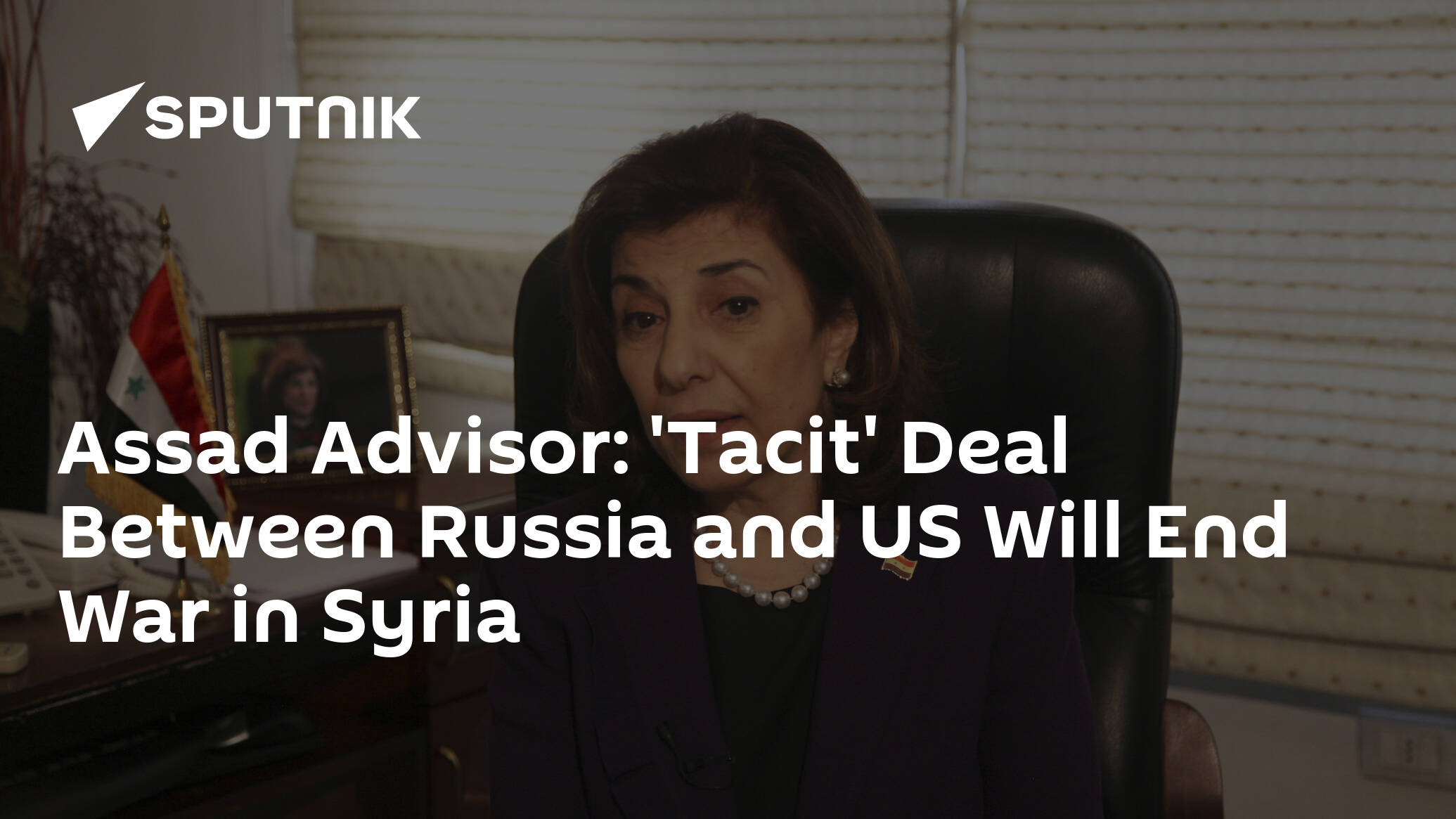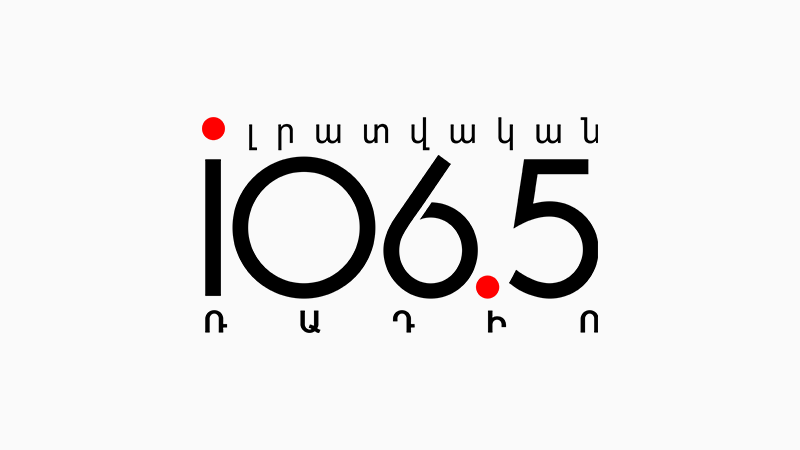Re: Regional geopolitics
ASSAD ADVISOR: 'TACIT' DEAL BETWEEN RUSSIA AND US WILL END WAR IN SYRIA
24.09.2015
According to a senior adviser to President Bashar al-Assad, the United
States and Russia have come to a "tacit agreement" for ending the
violence in Syria.
"The current US administration wants to find a solution to the crisis
in Syria. There is a tacit agreement between the US and Russia to
reach this solution," Bouthaina Shaaban, a close adviser to Assad,
told Syrian state television on Wednesday.
© AFP 2015/ JEWEL SAMAD Syria Crisis Main Topic at Putin-Obama
Meeting, Ukraine Issue Secondary
"The US recognizes now that Russia has profound knowledge of this
region and a better assessment of the situation," she added. "The
current international climate is heading towards détente and towards
a solution for the crisis in Syria."
Still, a statement from US Defense Secretary Ash Carter casts doubt
on such an accord.
"We will continue to work with Russia on issues where our interests
overlap," he said, according to Reuters. "It is possible but not yet
clear that such an overlap might exist in Syria."
Over 240,000 people have been killed since the crisis began in 2011,
and millions have been displaced, creating the refugee crisis in
Europe. While Russia has advocated for diplomatic discussions to
bring about calm, the US and other Western nations have resisted,
insisting on Assad's removal from office as a prerequisite for peace.
© SPUTNIK/ MICHAEL KLIMENTYEV Putin, Netanyahu Reach 'Preliminary
Agreement' to Share Info on Syria
"Russia has provided and will provide adequate support to the
legitimate government of Syria in the fight against extremists and
terrorists of all kinds," Ilya Rogachev, head of Russian Foreign
Ministry's Department for New Challenges and Threats, told RIA Novosti
on Thursday.
Amidst the ongoing conflict, a number of US allies have begun to take
note of the need for cooperation with both Russia and the legitimate
government of Assad.
"We need to talk to many participants, including Assad," German
Chancellor Angela Merkel said following an EU summit on Thursday.
On Monday, Russian President Vladimir Putin met with Israeli Prime
Minister Benjamin Netanyahu. Conferring in Moscow, the two leaders
reached a "preliminary agreement" to share information on Syria.
© FLICKR/ KWONG YEE CHENG Russia Reiterates 'Adequate' Support to
Syria in Counterterrorism
"In regard to the channels of exchanging information and agreeing
possible activities, then yes, this topic was discussed and preliminary
agreements were reached during the meeting with Netanyahu," Kremlin
spokesman Dmitry Peskov said during a news conference.
The West has also been critical of the Kremlin's long-standing policy
to provide the Syrian government with equipment, weaponry, and training
in its fight against terrorism. While Russia has made no secret of its
actions in the region, Washington has repeatedly accused Moscow of a
"military intervention."
Read more:
ASSAD ADVISOR: 'TACIT' DEAL BETWEEN RUSSIA AND US WILL END WAR IN SYRIA
24.09.2015
According to a senior adviser to President Bashar al-Assad, the United
States and Russia have come to a "tacit agreement" for ending the
violence in Syria.
"The current US administration wants to find a solution to the crisis
in Syria. There is a tacit agreement between the US and Russia to
reach this solution," Bouthaina Shaaban, a close adviser to Assad,
told Syrian state television on Wednesday.
© AFP 2015/ JEWEL SAMAD Syria Crisis Main Topic at Putin-Obama
Meeting, Ukraine Issue Secondary
"The US recognizes now that Russia has profound knowledge of this
region and a better assessment of the situation," she added. "The
current international climate is heading towards détente and towards
a solution for the crisis in Syria."
Still, a statement from US Defense Secretary Ash Carter casts doubt
on such an accord.
"We will continue to work with Russia on issues where our interests
overlap," he said, according to Reuters. "It is possible but not yet
clear that such an overlap might exist in Syria."
Over 240,000 people have been killed since the crisis began in 2011,
and millions have been displaced, creating the refugee crisis in
Europe. While Russia has advocated for diplomatic discussions to
bring about calm, the US and other Western nations have resisted,
insisting on Assad's removal from office as a prerequisite for peace.
© SPUTNIK/ MICHAEL KLIMENTYEV Putin, Netanyahu Reach 'Preliminary
Agreement' to Share Info on Syria
"Russia has provided and will provide adequate support to the
legitimate government of Syria in the fight against extremists and
terrorists of all kinds," Ilya Rogachev, head of Russian Foreign
Ministry's Department for New Challenges and Threats, told RIA Novosti
on Thursday.
Amidst the ongoing conflict, a number of US allies have begun to take
note of the need for cooperation with both Russia and the legitimate
government of Assad.
"We need to talk to many participants, including Assad," German
Chancellor Angela Merkel said following an EU summit on Thursday.
On Monday, Russian President Vladimir Putin met with Israeli Prime
Minister Benjamin Netanyahu. Conferring in Moscow, the two leaders
reached a "preliminary agreement" to share information on Syria.
© FLICKR/ KWONG YEE CHENG Russia Reiterates 'Adequate' Support to
Syria in Counterterrorism
"In regard to the channels of exchanging information and agreeing
possible activities, then yes, this topic was discussed and preliminary
agreements were reached during the meeting with Netanyahu," Kremlin
spokesman Dmitry Peskov said during a news conference.
The West has also been critical of the Kremlin's long-standing policy
to provide the Syrian government with equipment, weaponry, and training
in its fight against terrorism. While Russia has made no secret of its
actions in the region, Washington has repeatedly accused Moscow of a
"military intervention."
Read more:








Comment